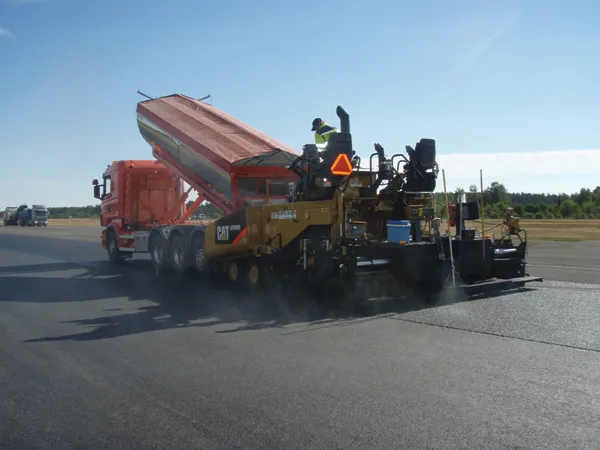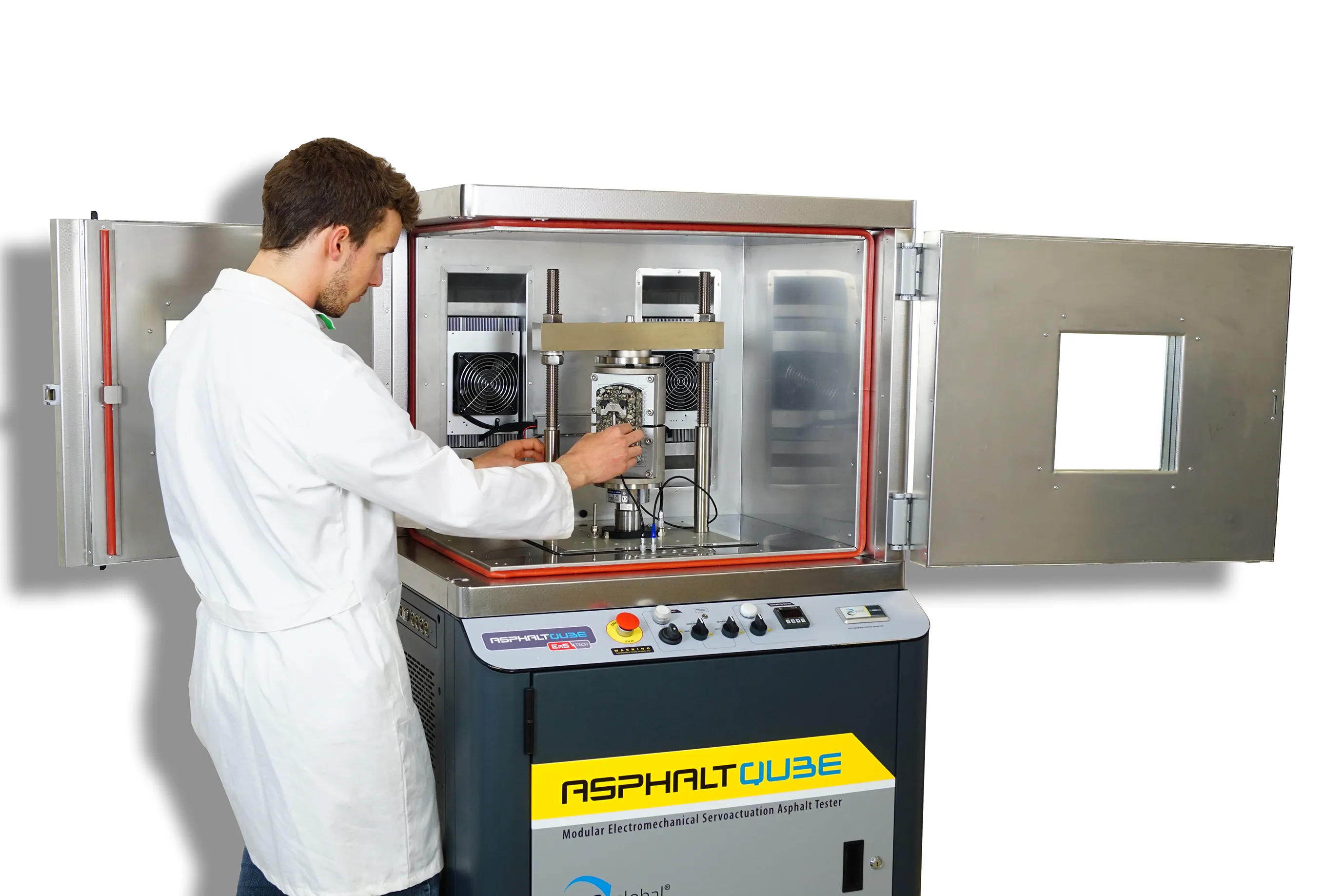
Test took place with a truck (TB 41) travelling at 70km/h and a car (TB 21) travelling at 80km/h.
The ProTec-Tor 120 is a special element in our crash barrier system ProTec 100 (T3 / W2), according to the acceptance criteria of containment level T3.
Up to now, in Germany such special elements were usually corroborated in static situations and as a computed simulation. But simulations are not always suitable for providing indubitable corroboration, particularly in terms of the dynamic forces and their impacts on special elements.
Because emergency openings are meanwhile increasingly required as safety devices in restraint systems with contraflow traffic, Berghaus instructed an accredited test lab to test the Pro-Tec-Tor 120.
In the standard crash test, the longitudinal force transfers and the functionality of the special element and also of the connected crash barrier system were documented on the basis of the two impact tests that were carried out. The emergency opening functioned perfectly even after the crash tests with a truck and car at high speeds with slight shifting of the system.
The ProTec-Tor 120 – as well as the ProTec-Tor 50 - are easily separated elements for mobile crash barriers that can be opened quickly in an emergency without needing tools. According to the company, only a couple of simple actions are needed to release the force-fit connection of the crash barriers to create an opening.









